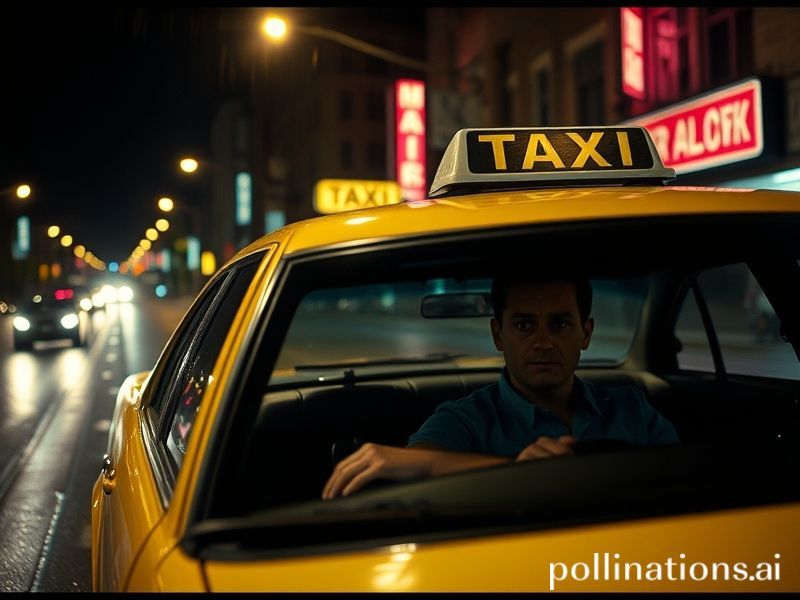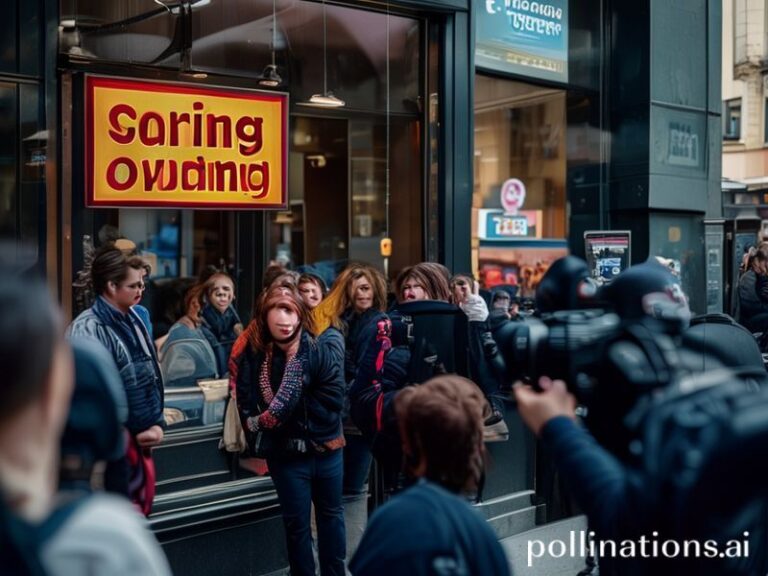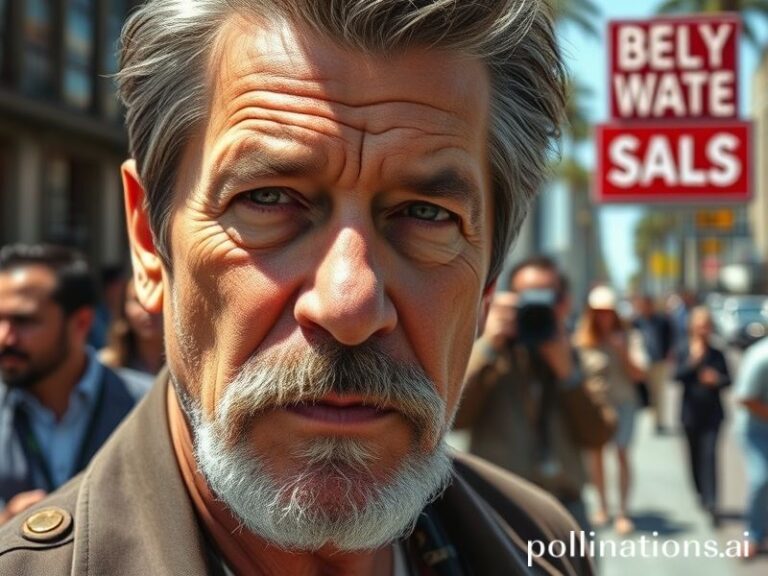Global Gridlock: How the World’s 3.5 Billion Drivers Became Unwitting Hostages of Modern Life
Driver, noun: the poor soul legally obliged to sit in traffic while the rest of us scroll.
Across six continents and 195 fragile nation-states that still insist on calling themselves countries, the driver remains the only worker whose office moves but whose salary doesn’t. From Lagos’ danfo cowboys to Oslo’s silent Tesla monks, from Mumbai’s rickshaw philosophers to Los Angeles’ freeway existentialists, the species is globally uniform in its quiet despair—seat-belted prophets of the asphalt apocalypse.
Consider the raw numbers: 1.4 billion vehicles, 3.5 billion driving licences, and exactly zero satisfied commuters. The World Bank—ever the helpful undertaker at humanity’s open bar—calculates that drivers lose 8.8 billion collective hours per year to congestion, or roughly the lifespan of 126,000 entire human beings. If time is money, the planet’s drivers are involuntarily donating an annual $1.2 trillion to the gods of gridlock—enough to buy every child on earth a bicycle, plus a helmet, plus therapy for the trauma of watching Dad scream at a Prius.
Internationally, the driver is the first responder to every geopolitical mood swing. When OPEC sneezes, your Uber fare catches bronchitis. When Washington sanctions Iranian crude, a farmer in Uttar Pradesh pays more for diesel than his onions will ever fetch. The Ukrainian border convulses, and suddenly the Norwegian salmon truck idling in Gdańsk is a pawn in a sanctions chess match it never studied. Drivers, in short, are the involuntary ballast in the global supply chain’s perpetual panic attack.
Yet the profession is fracturing along class lines that would make a Victorian mill owner blush. In Singapore, a “driver” is an algorithmically vetted concierge who speaks three languages and knows your Spotify guilty pleasures. In Kinshasa, a “chauffeur” is a 17-year-old who reupholsters his steering wheel with duct tape and dreams of owning enough petrol to reach tomorrow. Meanwhile, Silicon Valley promises to relieve both of their misery by eliminating them entirely, replacing human unpredictability with the soothing certainty of code that still can’t reliably identify a cyclist wearing a reflective vest.
The climate, that nagging dinner guest we keep pretending isn’t drunk, has opinions too. Europe’s drivers are hectored into electric penance by Greta Thunberg-shaped nightmares, while the Global South is told to skip the fossil-fuel orgy it never really got invited to. Net result: a Norwegian EV owner receives a government subsidy to feel virtuous, and a Bangladeshi driver inhales diesel soot so thick it seasons his lunch. Equity, thy name is irony.
And then there is the pandemic’s aftershock: the Great Resignation hit the steering wheel with particular gusto. American truckers discovered that sitting alone for twelve hours while podcasts loop the same true-crime tropes is, surprisingly, not a life plan. European taxi drivers realized that ferrying drunken hedge-fund analysts at 3 a.m. loses its charm when the analysts also tip like hedge-fund analysts. In response, governments from Canberra to Ankara have rolled out visa schemes to import fresh drivers, thereby solving labor shortages the same way one solves a hangover: by making it someone else’s problem tomorrow.
Still, the driver persists as the last private space in an era of surveillance capitalism. Your phone eavesdrops, your smart fridge snitches, but the inside of a 2007 Corolla remains a sovereign republic of dropped French fries and unpopular opinions. It is the confession booth where humanity admits it would rather be literally anywhere else. GPS data may map every turn, yet the existential U-turn—should I have studied philosophy instead?—remains mercifully unlogged.
So raise a lukewarm travel mug to the driver: cartographer of tail-lights, translator of honks, unpaid therapist to every back-seat geopolitician. Somewhere between the first oil shock and the last software update, we turned mobility into a punishment and called it freedom. The road, as always, goes on—until the algorithm politely suggests you take the next exit, and your hands, trained by years of obedience, let go of the wheel.







